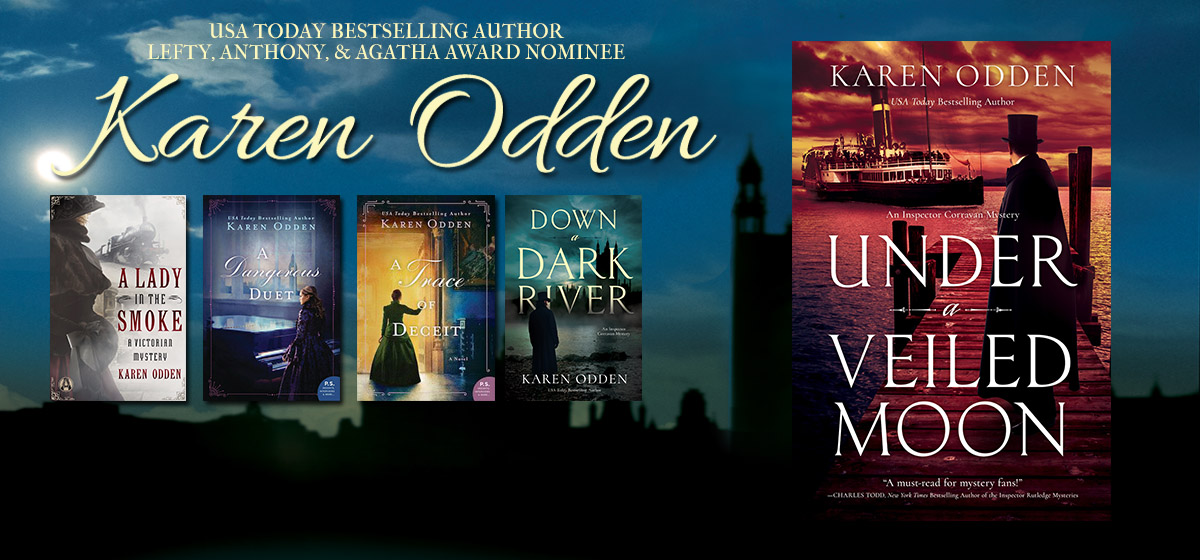
Please note: these readers’ group questions may contain spoilers.
1. Much like the internet changed our world forever, connecting us in ways never before possible, railways altered nearly every aspect of life in England, including the foods people ate, how they spent their leisure time, the transportation of mail, the circulation and spread of news, women’s autonomy, class structures, the stock market, the (first tort) laws surrounding accidents and compensation, and (as we see in this book) the nature of injury as it is determined by the medical and legal professions. What sort of problems and opportunities does this rapid change cause for various characters—Tom Flynn, Paul Wilcox, Lord Shaw, Mrs. Mowbry? To what extent does Lady Elizabeth’s privileged position safeguard her from the negative ramifications? And to what extent does it not?
2. Medicine was still in its infancy, and understanding of the body, as well as the effect of treatments and drugs such as laudanum upon the body, were poorly understood. There are various medical men depicted in this book, who tell different kinds of stories about the body in print and in court. In the absence of established, scientific information, what happens? Do you see any similarities with situations today?
3. In the opening scenes, Elizabeth’s mother Margaret is perceived by Elizabeth as withdrawn, unloving, and unwisely dependent upon laudanum. By the end of the book, Elizabeth understands her mother better. How does knowing her mother’s past help Elizabeth to grow? What does it enable her to do? Do you feel more compassion for Margaret by the end of the book? Should she be held accountable for her actions as a mother? Does the novel hold her accountable in some way?
4. As a railway surgeon, Paul Wilcox is caught between worlds. He’s a medical man, but not a physician. He comes from some wealth, but has to earn his own living. To what extent to you think having one foot in different worlds enables Paul to understand Elizabeth? How do Paul and Elizabeth find common ground?
5. Tom Flynn is a newspaperman at a time when literacy was on the rise and the number of newspapers exploding. To what extent does the newspaper serve to reflect current events? And shape them?
6. Elizabeth’s early relationships with her mother, her cousins, and even her horses shape certain aspects of her relationship with others. How do you see Elizabeth’s beliefs and assumptions, gained from her childhood, shaping her current relationships with her friend Anne, with James, with Tom Flynn, and with Paul Wilcox? What does Elizabeth’s relationship with her horse tell us about her?
7. Margaret and Lord Shaw have both been thwarted in love, but they handle their feelings differently. Margaret tends to shut down and hold her hurt; Lord Shaw feels angry and lashes out. But do you see instances when Margaret’s anger comes out? And Lord Shaw’s hurt?
8. The author, Karen Odden, has said that the second day of Paul Wilcox’s trial was her favorite scene in the book, and it came to her like a movie that she was watching. Are there other scenes that felt cinematic? Highly visual? 9. What do you think will happen to Paul and Elizabeth in Philadelphia?
Did you know Karen will Zoom with your book club?
Find more exciting books by Karen Odden from your favorite local bookseller.
